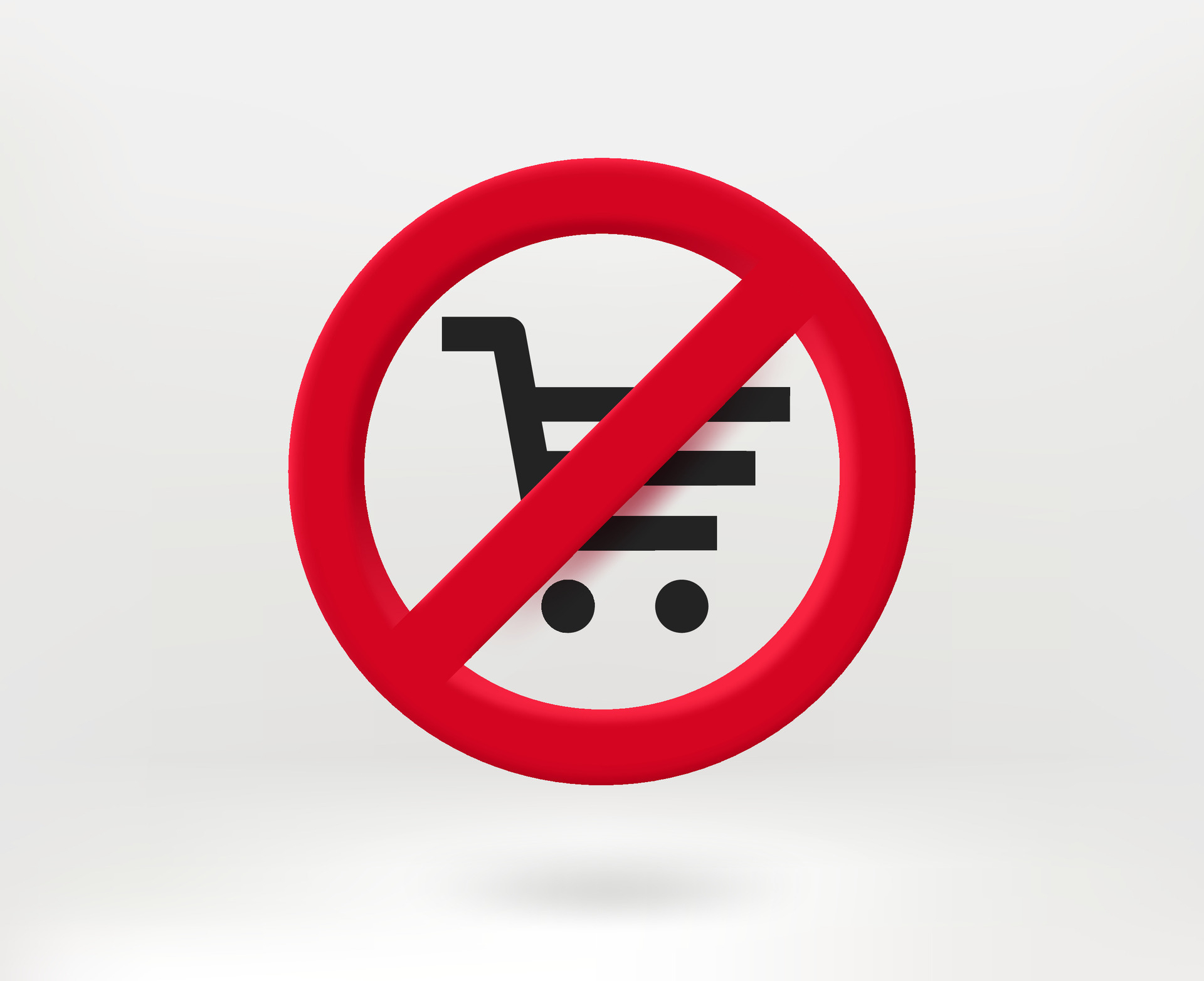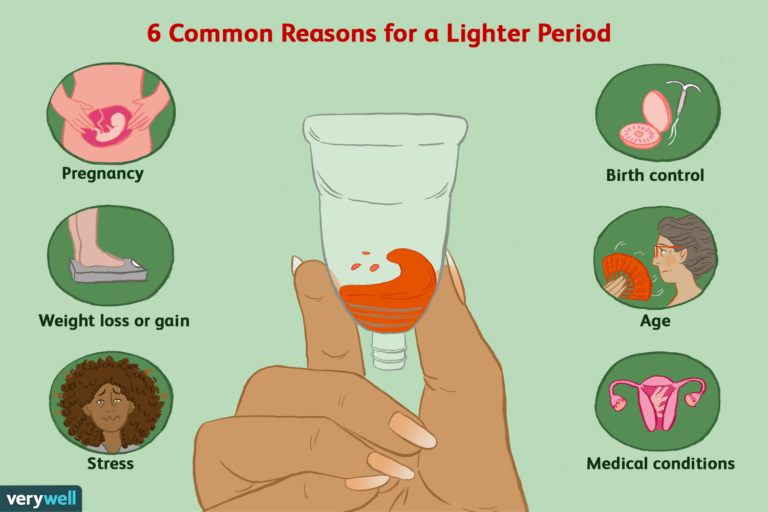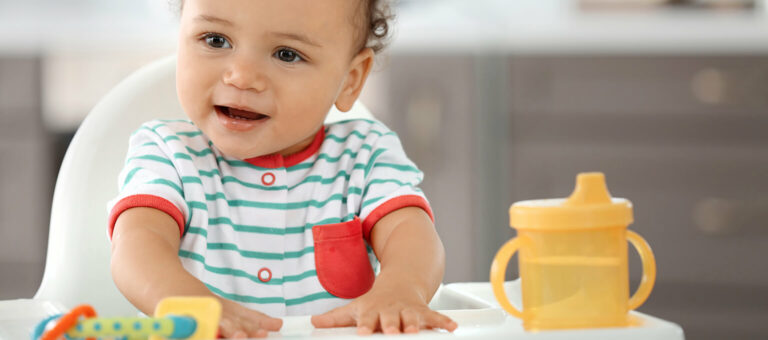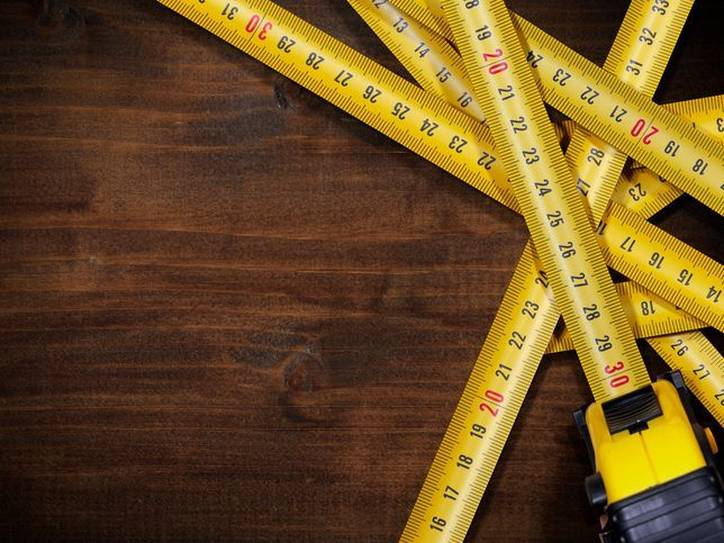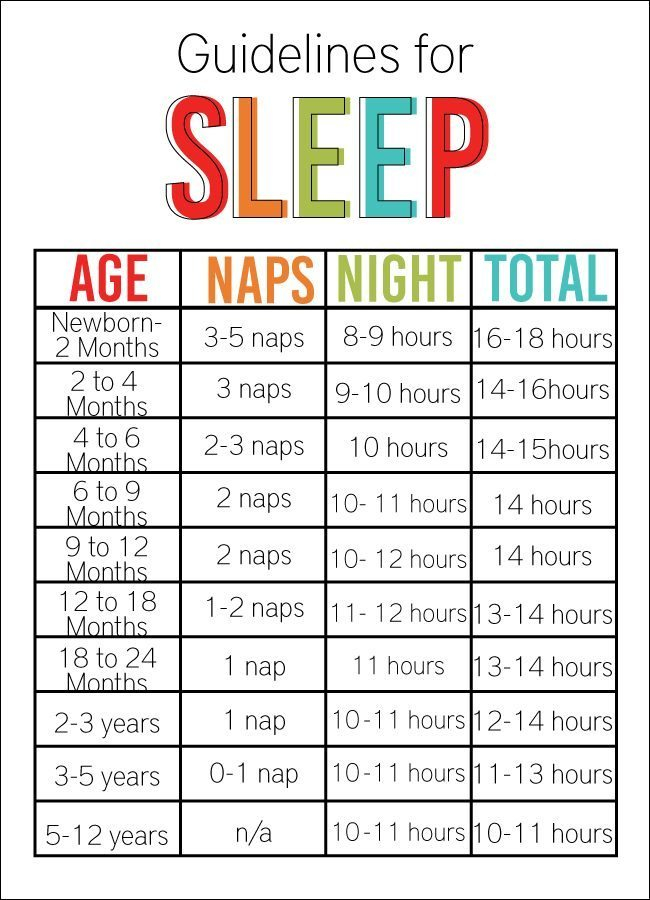When Do Baby’s Start Sitting Up
As a parent or caregiver, witnessing your baby’s developmental milestones can be an exciting and rewarding experience. One such milestone that many parents eagerly anticipate is when their baby starts sitting up. This article will delve into the topic of when babies typically begin to sit up on their own, what factors can influence this milestone, and how you can help support your baby’s development along the way.
Knowledge
When it comes to babies learning to sit up, it’s essential to understand that every child develops at their own pace. However, on average, most babies will start to sit up independently between the ages of 4 to 7 months. Around this time, babies typically have gained enough head control and upper body strength to support themselves in a sitting position.
Several factors can influence when a baby starts sitting up. These can include genetic factors, the baby’s muscle tone and strength, as well as opportunities for practice and reinforcement. Providing your baby with plenty of tummy time and opportunities to practice sitting with support can help encourage the development of their core muscles and balance.
There are some signs to look out for that may indicate your baby is getting ready to sit up. These can include increased head control, the ability to push up on their arms during tummy time, and an interest in sitting up and observing their surroundings. If you notice these signs, it may be a good time to start supporting your baby in practicing sitting up.
Conclusion
In conclusion, the milestone of when a baby starts sitting up is an exciting time for both parents and babies alike. By understanding the typical timeline for this developmental milestone and being aware of the factors that can influence it, you can better support your baby’s development. Remember that every child is unique, and it’s essential to celebrate and encourage your baby’s progress at their own pace.
For parents and caregivers, recognizing and supporting your baby’s developmental milestones can help lay the foundation for their future growth and learning. By providing a nurturing and stimulating environment, you can help your baby reach their full potential and continue to achieve new milestones along the way.
